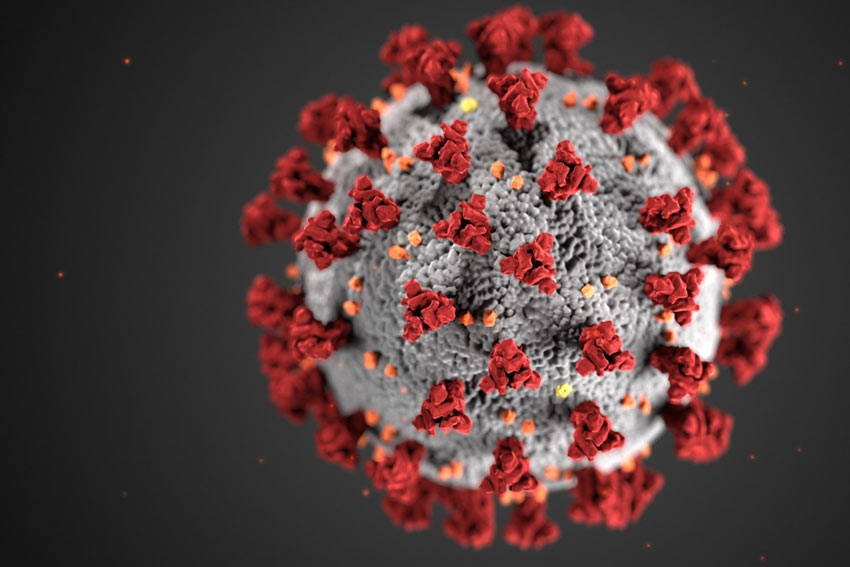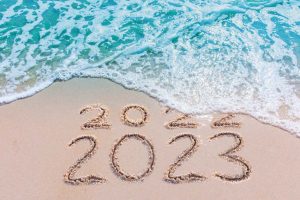The World Health Organization (WHO) identified five priorities that all countries need to focus on right now in order to save lives. must focus on now, to save lives now.
Many countries have implemented unprecedented measures to suppress transmission and save lives.
WHO Director-General Dr Tedros Adhanom Ghebreyesus on June 29, 2020
https://www.who.int/dg/speeches/detail/who-director-general-s-opening-remarks-at-the-media-briefing-on-covid-19—29-june-2020
The Caribbean has not been devastated by the coronavirus in the same way that the United States, Russia, India, or nearby Brazil have been, because the countries’ leadership took decisive, quick action as soon as the danger and means of transmission of the disease were known. They implemented procedures such as requiring masks, closing borders, and curfews to keep citizens safe and virus free. As many Caribbean countries are setting dates to reopen their borders, if they haven’t done so already, the attractiveness of a coronavirus free vacation is gaining momentum with travelers from all over the world.
Today, the Director-General of WHO outlined five priorities for all countries.
- Empower communities
- Suppress transmission
- Save lives
- Accelerate research
- Political leadership
WHO Director-General Dr Tedros Adhanom Ghebreyesus acknowledged that “[m]any countries have implemented unprecedented measures to suppress transmission and save lives.” He also stated that while we all want this to be over so that we can move on with our lives, “this is not even close to being over.”
He stressed that certain measures must be taken to protect ourselves and others including:
- physical distancing
- hand hygiene
- covering coughs
- staying home if you feel sick
- wearing masks when appropriate
- only sharing information from reliable sources
While in many countries, wearing a mask has been accepted as the standard and mandatory in public places, the push back in America has been baffling – along with the meteoric rise in cases, with spikes happening all over the country. The sharing of reliable information has been a challenge for the US as well. In Caribbean communities, the “WhatsApp MD’s” have been doling out misinformation via friends and family text chains, but much of it is refuted by the leadership of those countries. In countries that are failing to see the number of CCOVID-19 cases decline, the leadership is often the ones sharing the misinformation.
WHO Director-General Dr. Tedros Adhanom Ghebreyesus reiterated many of the points that he has shared before, including the importance of training and personal protective equipment for healthcare workers, improving surveillance to find cases of coronavirus, tracing and quarantining those who have been in contact with someone with the virus and their contacts, early identification and clinical care for those infected, paying special attention to elderly people in long-term care facilities and other high-risk groups, and committing to national unity, global solidarity, and universal health coverage.
We hope that in the coming months, the desire for economic stability or fear of collapse does not endanger the lives of our loved ones at home and abroad. The Caribbean diaspora stretches far and wide, and as we saw in our communities in New York, where many Caribbean people work in healthcare, we have not come out of this pandemic unscathed. Some of our families have been devastated.
The Director-General is confident that we can come out of this better, and has outlined the steps that we need to follow as a global community. For more from his remarks visit the WHO website – https://www.who.int/dg/speeches/detail/who-director-general-s-opening-remarks-at-the-media-briefing-on-covid-19—29-june-2020
Those countries who stuck with contact tracing and isolation and quarantine … have found that as the number of cases drops, that they can catch up on the contact tracing and improve. The difficulty has been for many countries who gave up entirely on contact tracing now having to pick that up, now having to scale up the architecture of public health surveillance as they’ve opened up societies and decreased the public health and social measures or the restrictions on movement. It’s quite tough for the public health system to catch up and it takes time for it to do so and the director-general said many, many times during this period of so-called lockdowns that this was precious time to prepare.
Not only were public health or social measures having an impact on transmission, they were also clearly having a negative impact on social and economic life and that this precious opportunity needed to be taken … We’ve seen in countries who’ve really beefed up their capacity to do contact tracing isolation quarantine testing and all of the things the director-general spoke about; they have done well. So yes, contact tracing public health surveillance is a key part of a package of activities.
The DGA said it. If individuals and communities can sustain the physical distancing the hygiene the mask-wearing and the other things that are appropriate and advised by a local government, [and] if the Public Health System can continue to track and trace cases, yes, we should see a situation where the disease comes under control…
Dr. Michael Ryan, Executive director of the World Health Organization’s Health Emergencies Programme – https://www.youtube.com/watch?v=EA7GcFVwtjM
Watch the full video above.




